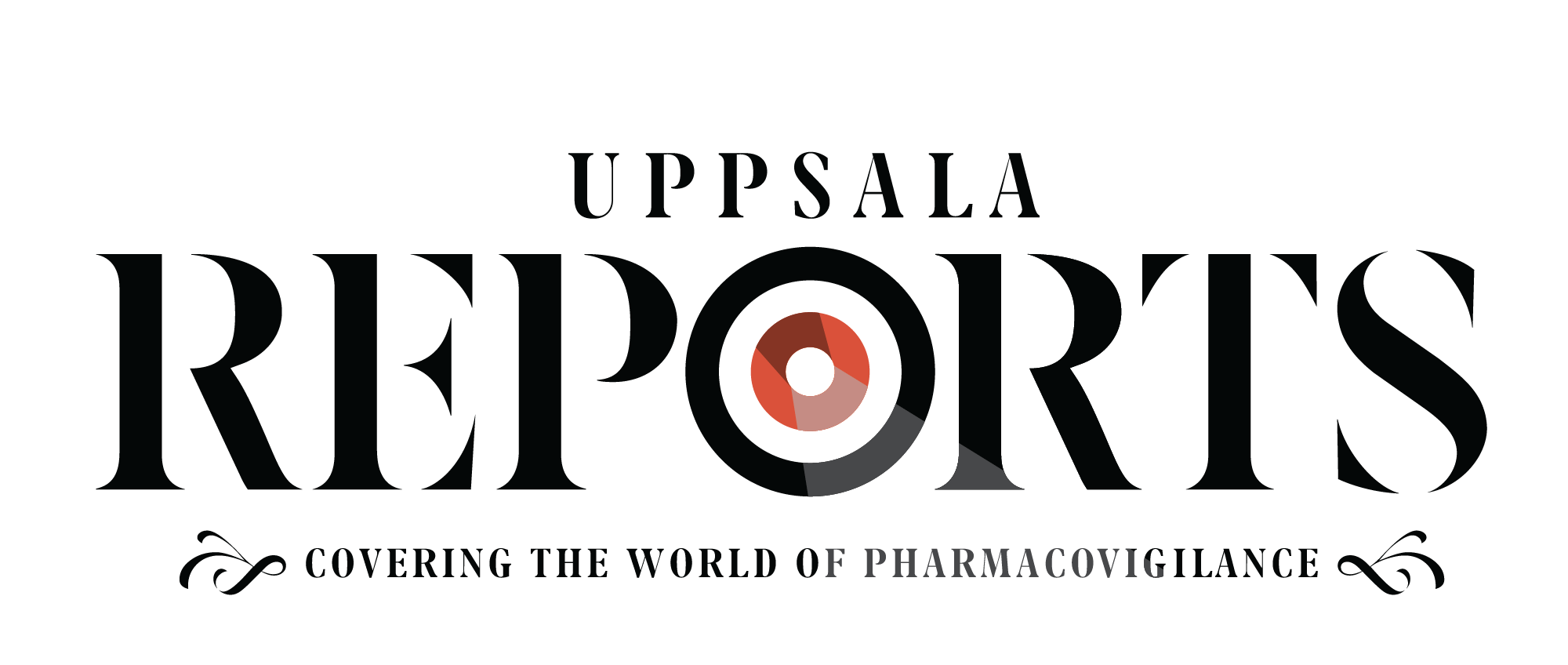
Despite ongoing war, not only is Ukraine putting in the work to ensure medicine safety for its citizens, but it is taking steps to strengthen its legislation on pharmacovigilance. During a recent visit to Uppsala Monitoring Centre, representatives from the State Expert Centre Ministry of Health (MoH) of Ukraine explained that their work is paying off. Not only does their pharmacovigilance system remain stable, but there are also ongoing plans to improve it further, even amidst ongoing conflict and the destruction of many of the country’s healthcare facilities.
Not least of these plans is a new version of the law on medicines, adopted by parliament in 2022, which contains a separate chapter wholly dedicated to pharmacovigilance and aims to bring medicine safety as a focus in Ukrainian healthcare going forward. Another is to include pharmacovigilance education in the curriculum for post-graduates planning to work in the pharmaceutical industry, so that “people who come to the pharmaceutical industry are not just students not knowing anything about regulations and pharmacovigilance,” says Yevheniia Tkachenko, deputy director on registration and Pharmacovigilance at the State Expert Centre.
The Centre’s Director, Mykhaylo Babenko, has nothing but praise for the work of his team and Ukrainian healthcare specialists, who, he says, work hard in developing and implementing any new knowledge they acquire on medicine safety.
“In 2021, we collected 627 reports per 1 million people in our population, which is above WHO's expected reporting level.”

He cautions, however, that the accuracy of these figures is difficult to gauge for 2022, as the effects of the war, including widespread displacement and emigration, create significant uncertainty in population estimates. However, adverse event reporting only decreased by 25% from 2021 to 2022, despite the ongoing conflict.
The war has also had a severe impact on healthcare facilities, destroying 144 buildings and damaging over 1000 more. Yet much of Ukraine’s healthcare system is online thanks to an MoH eHealth initiative to digitalise its processes.
The MoH can further rely on well-established channels of public communication that have already withstood the pressures of a pandemic. For example, they developed a chatbot to support the public on how to use the online reporting system, AIPS (Automated Information Pharmacovigilance System), to report adverse events themselves. Their social media channels also contain tutorials on how to use AIPS, but more importantly, it keeps the public updated on the centre’s initiatives.
In 2021, we collected 627 reports per 1 million people in our population, which is above WHO's expected reporting level.
“While we have internet, it works,” says Tkachenko. “Only a blackout can stop us.”
According to all three delegates, this is just the beginning of their vision where every Ukrainian citizen gets access to high-quality healthcare. Their recent visit to Uppsala saw them attend the Head of Medicine Agencies meeting to learn more about the European healthcare system. They aim to use what they learn to support the implementation of European law on medicines into their healthcare system. “We would like to start, from the beginning, to base our new system on best practices,” says Mykhaylo.




